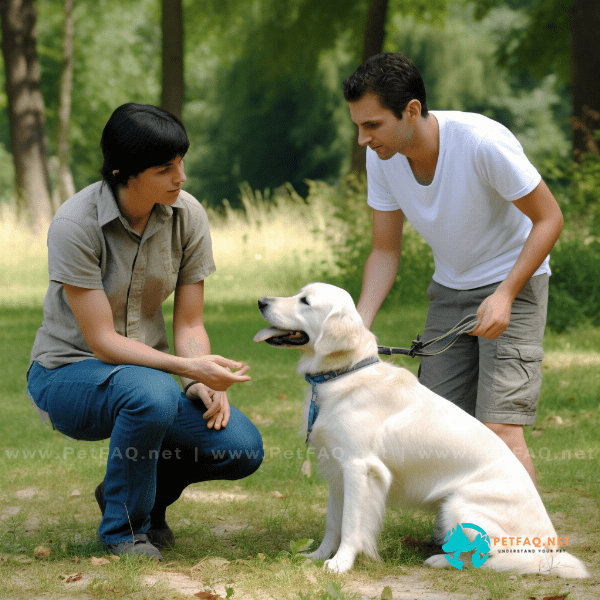If your dog is not responding to discipline during training, it can be frustrating and disheartening. However, it’s important to remember that every dog is different and some may take longer to learn than others. In this response, I will provide some tips on what to do if your dog is not responding to discipline during training.
1. Review your training methods: The first step in addressing a lack of response to discipline during training is to review your training methods. Make sure you are using positive reinforcement and avoiding punishment, as punishment can be counterproductive and may cause your dog to become fearful or anxious. You should also ensure that your training sessions are short and engaging, and that you are using treats and praise to reward your dog for good behavior.
2. Be patient: Training a dog can take time and patience, and it’s important to remain calm and patient even if your dog is not responding to discipline. Remember that dogs learn at their own pace, and some may take longer to learn than others. Avoid getting frustrated or angry with your dog, as this can cause them to become stressed or anxious.
3. Break training down into smaller steps: If your dog is struggling with a particular behavior or command, it may be helpful to break training down into smaller steps. For example, if you are trying to teach your dog to “stay,” start by having them stay for just a few seconds before gradually increasing the length of time. Breaking training down into smaller steps can make it easier for your dog to understand what is expected of them and build their confidence.
4. Increase motivation: If your dog is not responding to discipline, it may be helpful to increase their motivation. Try using higher value treats, or incorporating more play and affection into your training sessions. You can also try training in a different location, or using new and exciting toys to keep your dog engaged and motivated.
5. Seek professional help: If you have tried the above methods and your dog is still not responding to discipline during training, it may be helpful to seek professional help. A professional dog trainer can provide you with personalized advice and techniques for training your dog, and can help you address any underlying behavioral issues that may be contributing to your dog’s lack of response.
In conclusion, if your dog is not responding to discipline during training, it’s important to remain patient and persistent. By reviewing your training methods, breaking training down into smaller steps, increasing motivation, and seeking professional help if needed, you can help your dog learn and thrive. Remember, training a dog takes time and patience, but the rewards of a well-behaved and happy dog are well worth the effort.
Read more:The Importance of Discipline in Dog Training

Related Questions
- How do you potty train a puppy as part of obedience training?
- How can I teach my dog to not pull on the leash during walks?
- What are some free tips for teaching my dog to not bark excessively?
- How can you train a hunting dog to work with other dogs and hunters in the field?
- Canadian Working Dog Federation (CWDF): This organization offers Schutzhund/IPO/IGP titles and competitions for several breeds in Canada.
